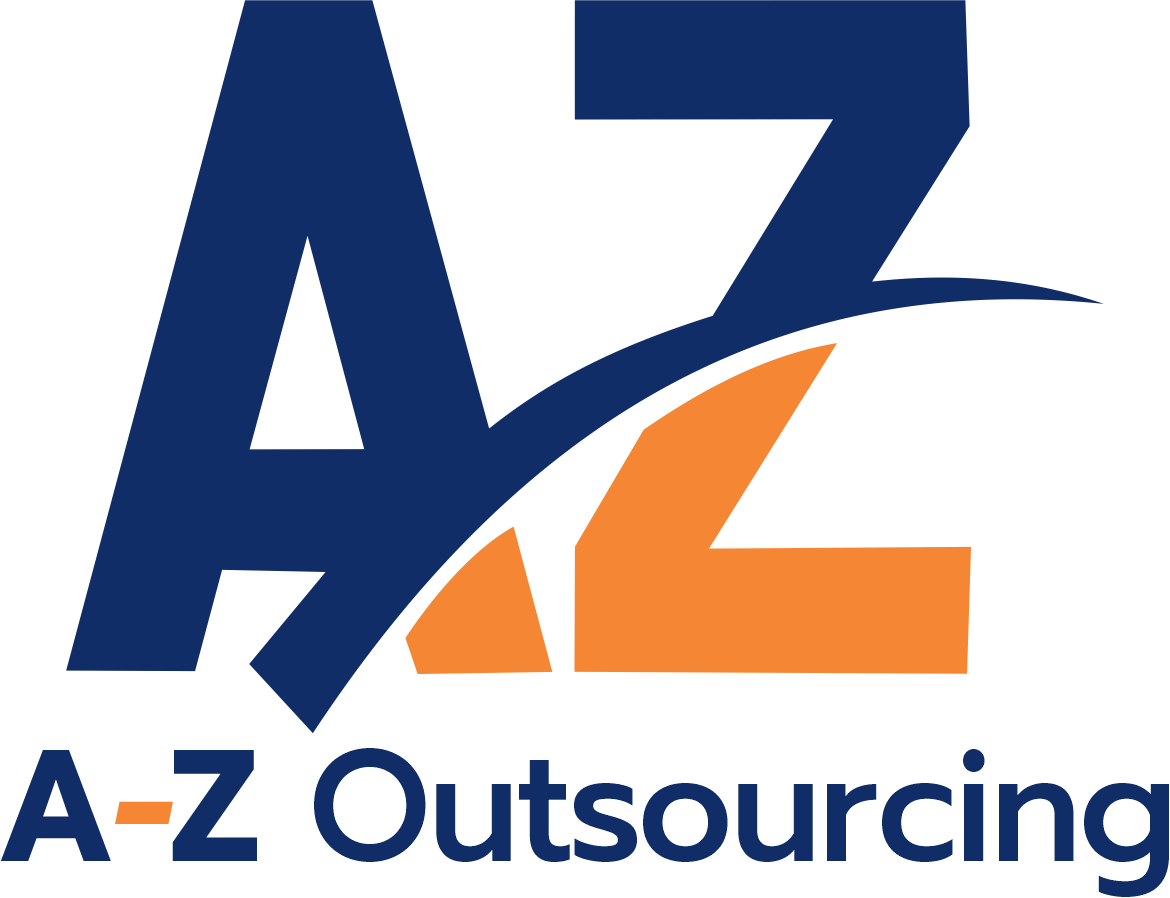
Business Insights: The Importance of HR Compliance
Did you know that Human Resources (HR) compliance plays a pivotal role in ensuring smooth operations, fostering a healthy work environment, and safeguarding both employers and employees. As businesses face increasing legal complexities and regulatory requirements, understanding and implementing HR compliance becomes critical for sustained success.
Why HR Compliance Matters
Mitigating Legal Risks: Compliance with labor laws and regulations helps businesses avoid costly legal disputes and potential fines. Ensuring fair practices in hiring, compensation, and employee treatment is vital in maintaining a positive reputation and minimizing legal risks.
Enhancing Employee Satisfaction: A compliant HR framework promotes fairness and transparency, leading to improved employee morale and satisfaction. When employees feel valued and respected, their productivity and loyalty to the organization increase.
Building Trust with Stakeholders: Adherence to HR compliance standards builds trust with customers, investors, and partners. Demonstrating ethical and responsible practices fosters credibility and long-term relationships.
Nurturing Diversity and Inclusion: HR compliance focuses on creating a diverse and inclusive workforce. Embracing diversity not only benefits the organization but also enhances creativity, innovation, and problem-solving.
Efficient Talent Management: Compliance-driven talent management practices attract top talent. Compliant recruitment, onboarding, and performance evaluation processes ensure that the right individuals are recruited and retained.
Data Security and Privacy: HR compliance safeguards sensitive employee data, ensuring confidentiality and protecting against data breaches or cyber threats.
Navigating HR Compliance Challenges
Updating Policies and Procedures: Regularly review and update HR policies to align with changing laws and industry standards. This includes policies related to discrimination, harassment, data protection, and more.
Training and Education: Provide comprehensive compliance training to HR professionals and employees. Awareness of compliance standards and their implications helps create a compliant culture.
Monitoring and Auditing: Regularly monitor HR practices to ensure adherence to compliance guidelines. Conduct internal audits to identify areas for improvement and rectify potential issues proactively.
Seeking Professional Expertise: Collaborate with legal advisors and HR consultants to navigate complex compliance requirements effectively.

